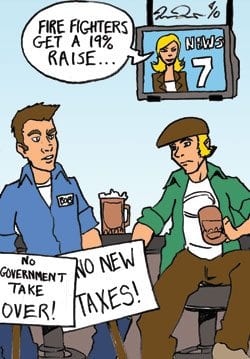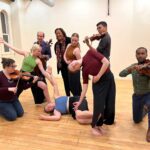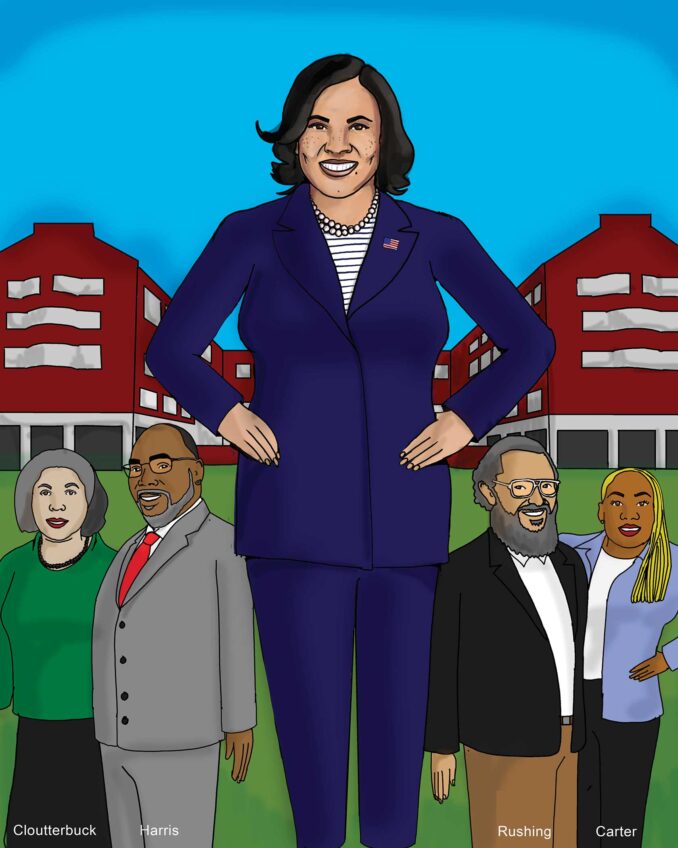
Under the radar
The rationale of citizens protesting public policy is difficult to comprehend. They oppose federal health care reform as a government take over of medicine. Yet when polled, one of their favorite government programs is Medicare, public health insurance for the elderly. They claim to be driven by concern for federal income taxes, but they are silent about policies certain to increase state and municipal taxes.
There has been no outcry over the arbitrator’s decision in the Boston firefighters union contract. The 19 percent increase, if approved by the Boston City Council, will create a terrible burden for the city. Mayor Tom Menino has already been forced to close libraries, and without state and federal aid, there would be a financial crisis in public education.
The public silence on the issue of flaggers instead of uniformed police officers has been deafening. While most of the cost of security at construction sites is borne by private companies, it does increase the cost of public projects. It is fiscally unsound to pay police officers an average of about $36.50 per hour when the same task can be performed by a civilian for $15 an hour.
Property taxes in Boston are projected to generate 59 percent of the revenue in the coming fiscal year, and 18 percent of the budget is for public safety. That is the greatest financial burden after public education at 34 percent. Public safety employees in Boston are definitely not underpaid.
In 2006, the 125 highest-paid city employees, except for the school superintendent, were police officers. Uniformed officers averaged $113,617, which included salary and $35,600 for overtime and details. Under the proposed arbitrator’s decision, firefighters, who are not required to have earned a high school diploma, will earn more than teachers.
A major financial threat to taxpayers is the growth of government unions. The financial hazard is less from the feared growth of big government, than the growth of the government employee union. According to the Bureau of Labor Statistics, 52 percent of all union members now work for federal, state or municipal governments. However, between 1980 and 2008, private-sector union membership fell from 20.1 percent to 7.6 percent.
Taxpayers have seen the future, and it is already here. Public employee unions are poised to pick the taxpayers’ pocket. Citizens should worry less about Washington, D.C. and take care of Boston and the state.
Arizona’s open season
Arizona’s border with Mexico is porous. It has become a major port of entry for access to the U.S. by undocumented visitors. Since many of those immigrants come to work, the state government passed the Legal Arizona Workers Act to limit employment opportunities. From Jan. 1, 2008 on, employers have been required to use the federal E-Verify program to assure that employees are legally authorized to work.
That approach was inadequate to stem the immigration tide, so Gov. Jan Brewer recently signed a new bill into law that would require the police to question citizens believed to be illegal immigrants and request they show their documents. The law is silent about what justifies police suspicion.
About 30 percent of Arizona’s population is Hispanic. This law places all Hispanic citizens at risk of police harassment. This will jeopardize the good police-community relations necessary for effective crime control. This act will undoubtedly not survive a federal injunction. Nonetheless, there is still an urgent need to harden the Arizona border. Arizona’s citizens should not be at risk from drug dealers and other criminals who gain entry into the U.S. along with those in search of the American Dream.

![Banner [Virtual] Art Gallery](https://baystatebanner.com/wp-content/uploads/2024/04/NJ-H_1-150x150.jpg)




